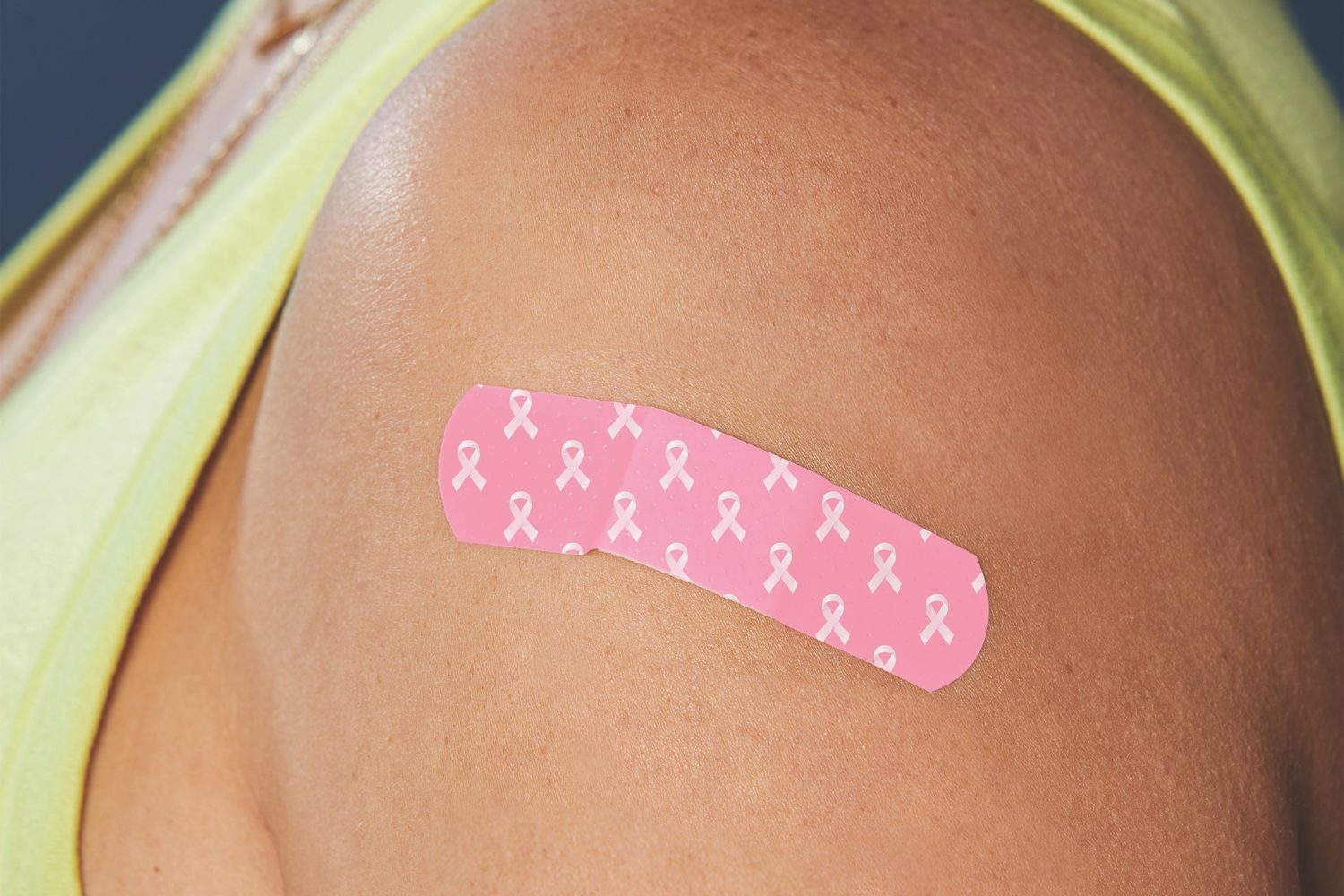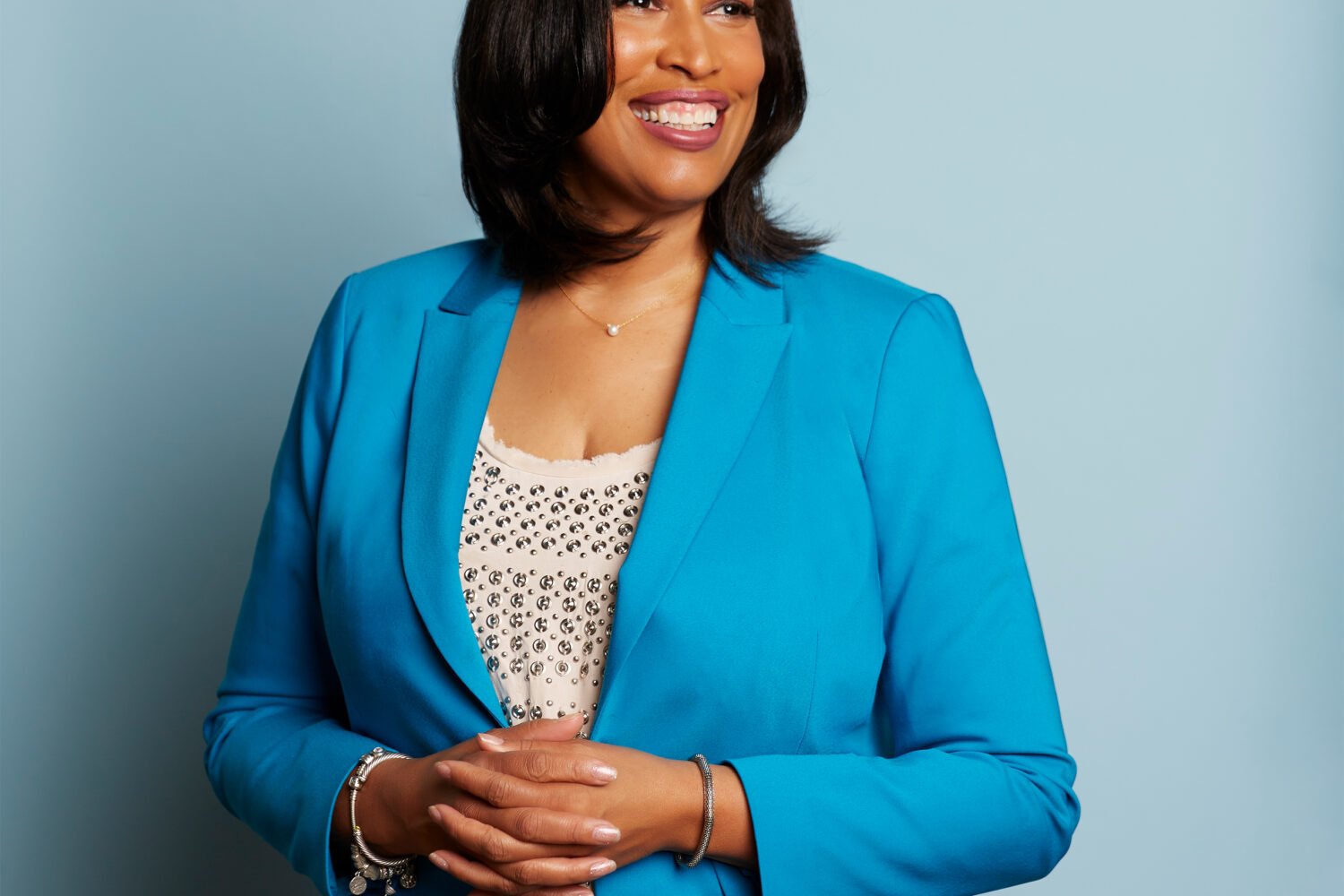In case you missed it, which you didn’t, because you couldn’t possibly, Hillary Clinton has pneumonia. It was diagnosed on Friday after she went to the doctor with a cough she couldn’t shake, and it became national news on Sunday when it kept her from attending a 9/11 memorial ceremony in its entirety.
Today’s Washington Post suggested that Clinton’s decision not to advertise her diagnosis is responsible for “set[ting] in motion perhaps the most damaging cascade of events for her in the general-election campaign.” The article goes on to highlight a perceived lack of transparency and her reputation as “untrustworthy.”
Clinton, talking to CNN, explained the situation more casually. “Obviously I should have gotten some rest sooner…I just didn’t think it was going to be that big a deal.” Which is basically the most universal response to news about illness ever, at least for women and especially for women in positions of power.
That women are not perceived as natural leaders and that women leaders are the victims of myriad and competing gender stereotypes has been the backdrop for this election. In this pneumatic moment, it’s come to forefront. Because while there are real and important differences in how people of different genders deal with illness (and I’ll get to those), there are also differences in how illness in men and women is perceived by others.
As Dr. William Pollock, author of Real Boys: Rescuing Our Sons from the Myths of Boyhood, has explained, men are brought up to believe they need to be “endlessly capable and never failing.” He theorizes that men react badly to being sick “because we’re supposed to be infallible.” When John Kerry kept up a rigorous work schedule from his hospital bed, laid up with a broken femur, it was evidence of his commitment, his strength, his strive to remain infallible.
Women, on the other hand, are not afforded this assumption of strength and infallibility. When a woman gets sick, it only serves to confirm the inherent frailty of her womanhood. We don’t blame her for it, but we hold it against her, like the ailing heroines of so many Victorian novels. It may have been the illness that ended poor Catherine, but her own weak temperament sure as heck left her unable to overcome it. Clinton fought the bug, but the bug won.
It seems silly now to ask if Clinton made a mistake in continuing to push herself against the advice of her physician. What’s still interesting and important is to examine why she made the choice in the first place.
There have been studies conducted about how men and women respond to illness. A frequently cited study by Dr. Robert Rosenman at Washington State University lays out the basics. “Women are more impacted by illness than men, unless more than one symptom is present,” Rosenman has said. “Then men are more impacted than women.”
This alone can explain why Clinton, or any woman, might treat pneumonia (which can be accompanied by coughing, fever, shortness of breath, chest pain, shaking, and more) a lot like she would treat the common cold–a nuisance on top of a full plate. But not a reason to no-show at work, or skip a fundraiser, or fail to honor the heroes of 9/11.
How powerful women choose to assert their power is a fraught subject. But to conflate a woman working through her illness with her hiding a secret is as dangerous as it is disingenuous. Women persist through poor health because, empirically, that’s what women do. Powerful women in the national spotlight work through poor health, because what assumptions might we make about her fitness and strength if she didn’t at least try?


















